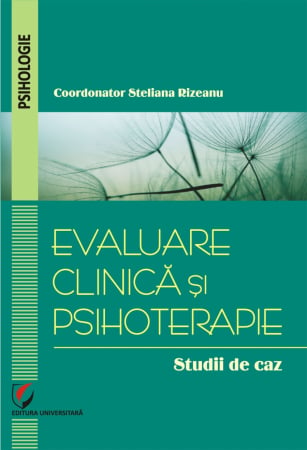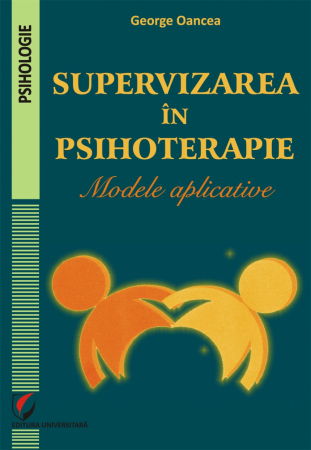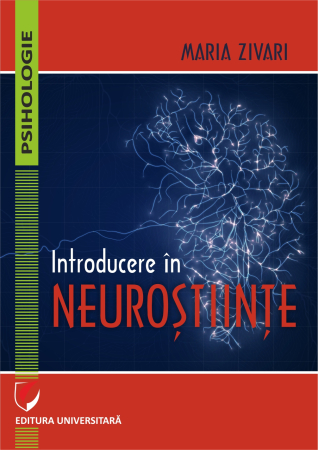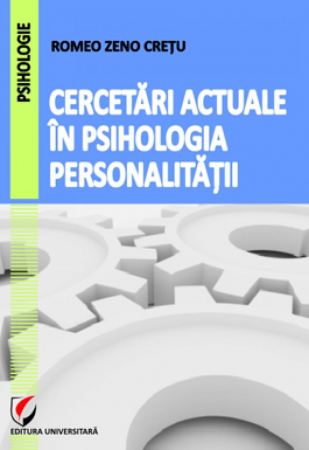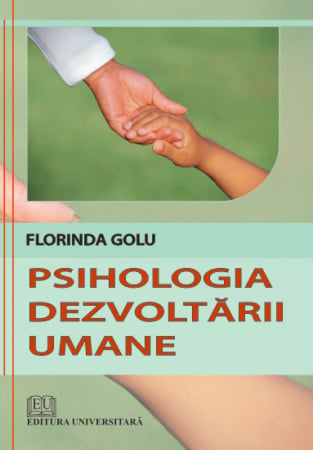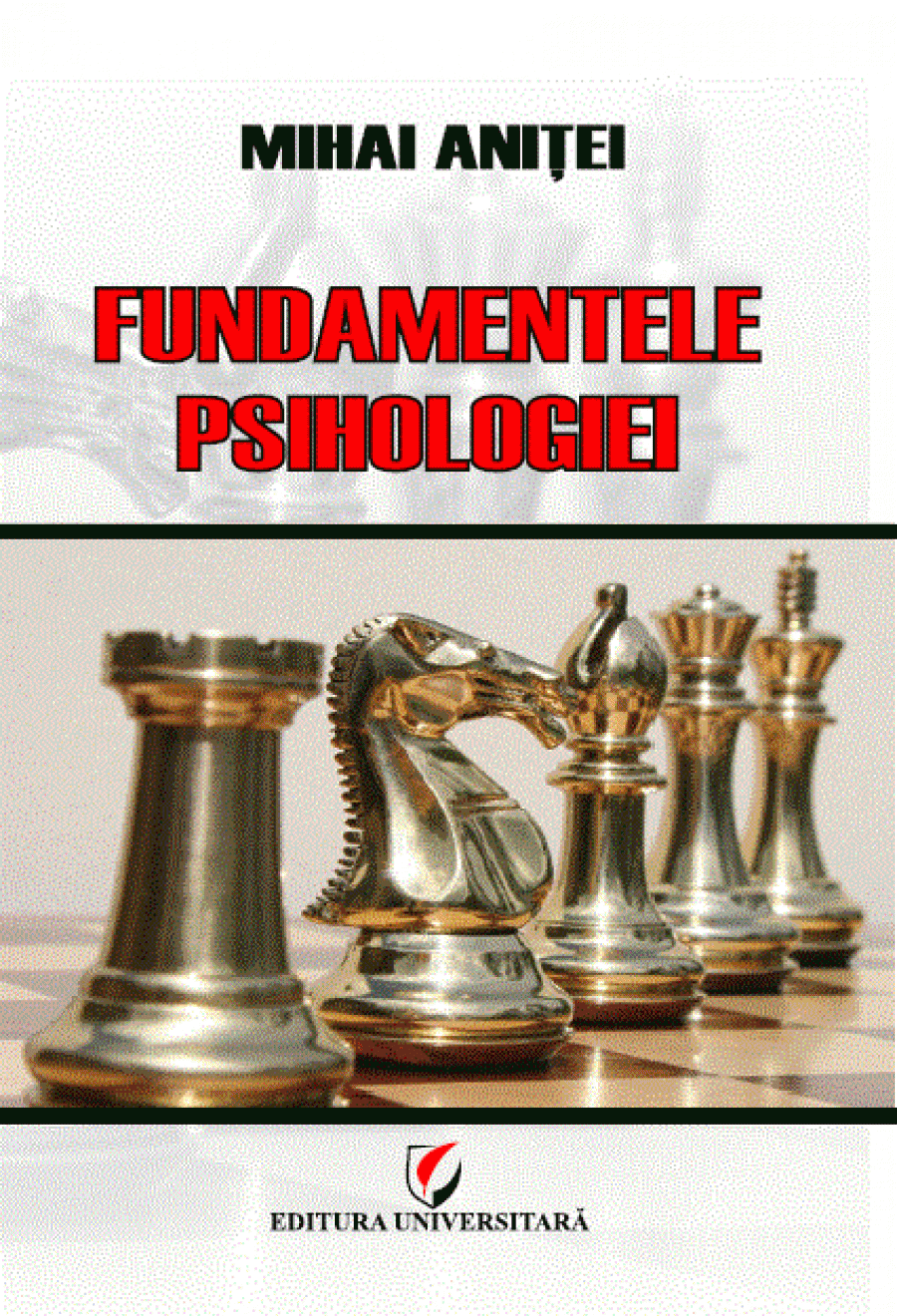ISBN: 978-606-28-1191-4
DOI: https://doi.org/10.5682/9786062811914
Publisher year: 2020
Edition: I
Pages: 80
Publisher: Editura Universitară
Author: Alin Les
- Description
- Download (1)
- Authors
- More details
- Content
- Reviews (0)
In the case of lying, all the cases in which we had to lie led to experiencing certain emotions: fear, fear, anger, revenge, helplessness, humiliation, incompetence, weakness, maladaptation, aggression. This complex of emotions crystallizes over time in the form of central nuclei that direct our actions in a certain direction. This kind of lie, for example, will lead to both submissive behavior in the couple, but also to one of "ratoire". Because the lie built emotionally from fears, anger, helplessness, humiliation, aggression will be expressed either through defense mechanisms or coping. In both cases, the emotion is constructed from the way our brain, through the environment, decided to realize its own design of behavioral expression.
The author
October 20, 2020
Bucharest
-
ABOUT THE LIE. Social, psychoanalytic, spiritual, ethical, criminological-judicial reasons
Download

ALIN LES is a doctor in criminological psychology at the University of Bucharest and an associate professor at the University of Pitesti, where he teaches "Judicial and criminological psychology". Specializing in criminology, psycho-behavioral analysis and lie detection, the author is the promoter of criminological psychology in Romania. Alin Les is known for the scientific bases for the study of normal sexuality and rapist sexual aggressors in Romania through sexual fantasies, as well as for the Sexual Phantom Assessment Questionnaire (CEFS).
Analytical writing on any subject involves an enormous risk. Readers can relate to certain words, phrases, expressions. You risk being criticized for your style and red thread of writing. Bizarre, but you run the risk of being repudiated from reading the first lines. Even this book presents such a risk.
Lying is treated either academically (Paul Ekman) or theologically (Blessed Augustine), or philosophically-morally (Sam Harris), psychotherapeutic (Yalom) or psychological-psychiatric-theological (Scott-Peck). In any case, you find common or even amazing views (especially at Scott-Peck). As a psychiatrist, Scott-Peck brings to mind the spiritual, theological side of the effects of lying and emphasizes salvation. You wouldn't say it's natural. But it is natural, as long as it touches the souls of the millions of readers who download his book from various sites.
My book is as dangerous as Scott-Peck's "The Psychology of Lying." Maybe not as concise and with a clear message at all times, but strongly anchored in the analytical style. I like to analyze from a distance what I observe. And to reflect, somehow integratively, how we can understand a phenomenon like lying. It is difficult to write about lying in a country where progress is almost mimetic. Those who try to climb the hierarchical scale of values know best how difficult it is. You have to deal with harsh conditions of social sorting and, even more, you have to deal with evil schemes and masks.
I tend to think that lying reflects a pattern about life. But not a universal one, but one anchored in that type of emotion that generates the context. Or, the context requires a certain type of emotion that involves lying. In both cases, the lie is built on a type of emotion. For example, the lie about the emotion of anxiety is a natural, defensive lie that conquers through compensation. If you were an emotionally and psychologically abused child, but also physically beaten in childhood and adolescence, lying - when it arises - will bear the imprint of both anger and anguish. I am convinced that for some of you I am not saying new things. What I want to emphasize is the power of the stake that motivates a lying behavior. Behind the stakes is always a card of moods either clear as the water of the Aegean Sea, or rotten like apples in the boiling pot. As a basic profile, lying is a clear-rotten mix that seasons different types of emotions, depending on the context, the situation, the situation. In another perimeter, the lie of the aggressive implies aggression, but also anger (rage), the desire to evade the law or social norms, neuronal or neuro-hormonal deficits, etc. The stakes of success are so strong that lying takes the form of either omission or commission. The lie of the aggressive implies the expression of the lascivious smile, of the young lady or the female who confuses the plans and who is willing to take risks and play with the cards on her face. The passive-aggressive liar becomes crumpled when he feels that he has lost ground, but also hypomaniacal when he feels that he has to prove something in his speech.
The fact that I chose to write about the lie is not random. I write about lying because I want to contribute to a better life for my peers. I know that if you can't identify it, it will be difficult for you to prove it. It is important to live as clean as possible, but also to have gone through periods in which you lied. The lie cannot be understood from a virtual amphitheater from where moral and ethical lessons are given. But a moral lie can be understood if you understand that the lie is one of the ghosts in the brain ("Ghosts in the Brain" is one of V.S. Ramachandran's books written with Sandra Blakeslee). That is, one of the realities built on emotions, in the sense that "my brain has built the experience of emotion" (Feldman Barrett, 2017, p. 15).
In the case of lying, all the cases in which we had to lie led to experiencing certain emotions: fear, fear, anger, revenge, helplessness, humiliation, incompetence, weakness, maladaptation, aggression. This complex of emotions crystallizes over time in the form of central nuclei that direct our actions in a certain direction. This kind of lie, for example, will lead to both submissive behavior in the couple, but also to one of "ratoire". Because the lie built emotionally from fears, anger, helplessness, humiliation, aggression will be expressed either through defense mechanisms or coping. In both cases, the emotion is constructed from the way our brain, through the environment, decided to realize its own design of behavioral expression.
The author
October 20, 2020
Bucharest
Introductory word / 9
I. Social reasons
1. The lie and the hormones of (ins) sincerity / 15
2. Minciuna in agora relatiei / 16
3. Lying and emotion / 17
4. "The will of the lie": the philosophical flower / 18
5. The lie and the context / 19
6. The lie has a fluid character / 20
7. Lie: between defense and attack / 21
8. The Lie and the Purpose of the Other / 24
9. Lying and integrity / 25
10. What happens to the promise of a lie that is not honored? / 2 6
11. The evolution of lying on an aggressive background / 28
12. Lying and mental health / 30
13. Lies and morals / 31
14. Implications of lying in becoming / 32
15. Truth or lie? / 34
16. The psycho-social profile of the malignant lie / 38
17. Lying as an overcompensation mechanism / 45
18. Lying as an effect of circumvention by overcrowding / 47
19. Lying as a compromise of self / 49
II. Psychoanalytic reasons
20. Causality in the content of the lie / 53
21. Lying and psychoanalysis / 54
22. Lying and self-deception / 55
23. Self-sabotage is a perverse form of anxiety and lying / 56
24. Affective lying and ambivalence / 57
25. Lying and neuroses versus psychoses / 59
26. Lying as a stereotype / 61
III. Spiritual reasons
27. Lying and religion / 65
28. The first character of the lie / 66
29. The lie and the "state of truth" / 67
30. Lying and deviance / 68
IV. Ethical reasons
31. Ethics of lying / 71
V. Criminological-judicial reasons
32. Severe lying and anxiety in a criminological / judicial / forensic context / 75
Bibliographic references / 79

6359.png)
![About the Lie. Social, psychoanalytic, spiritual, ethical, criminological-judicial reasons [1] About the Lie. Social, psychoanalytic, spiritual, ethical, criminological-judicial reasons [1]](https://gomagcdn.ro/domains/editurauniversitara.ro/files/product/large/les-alin_despre-minciuna_bt-1-3028-3852.jpg)



